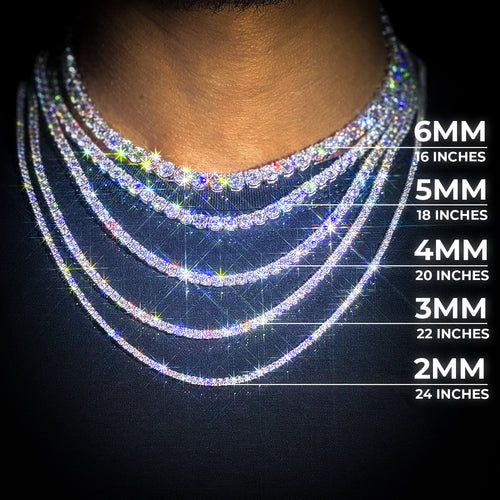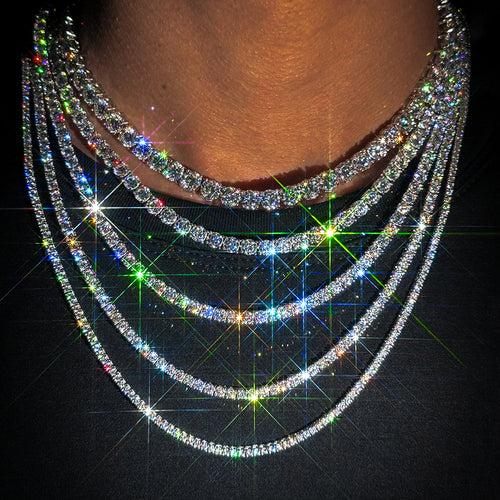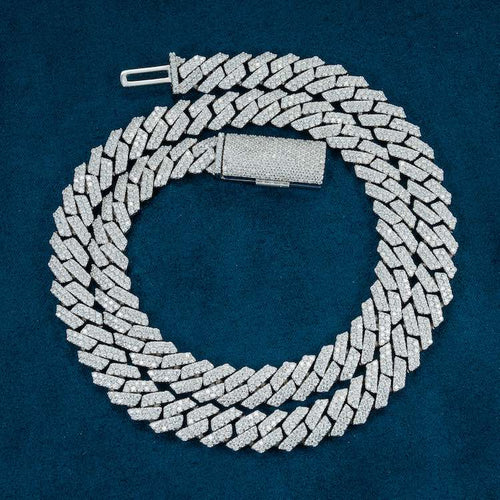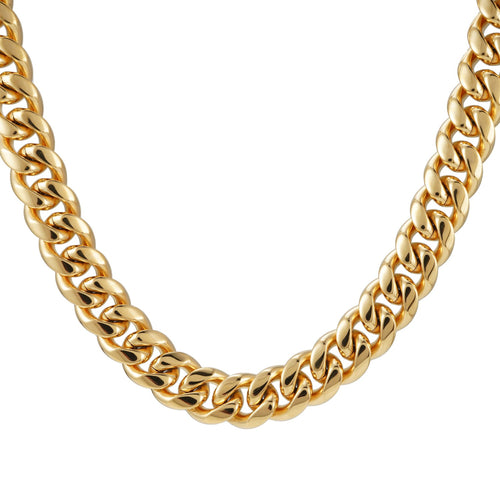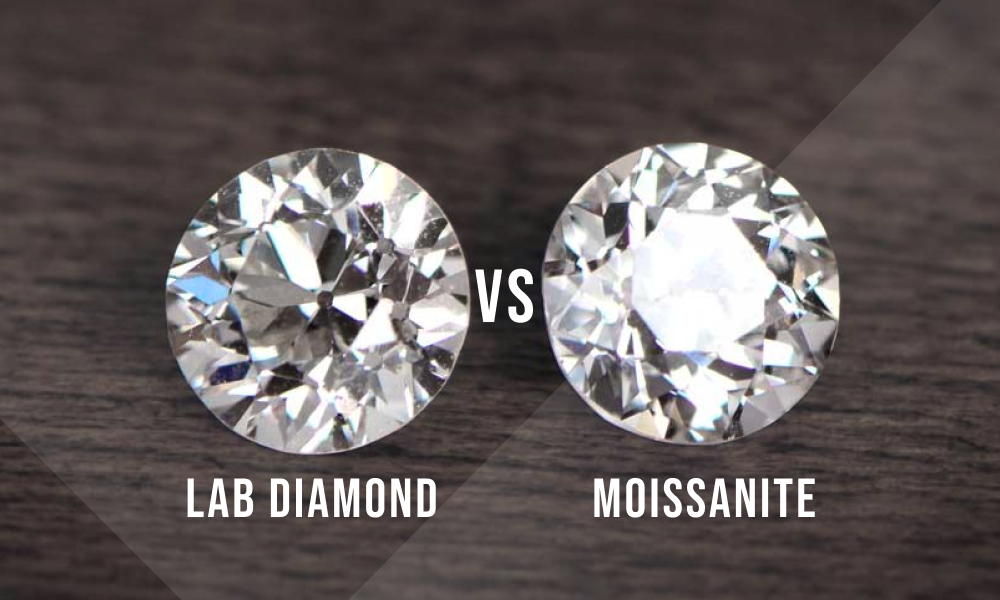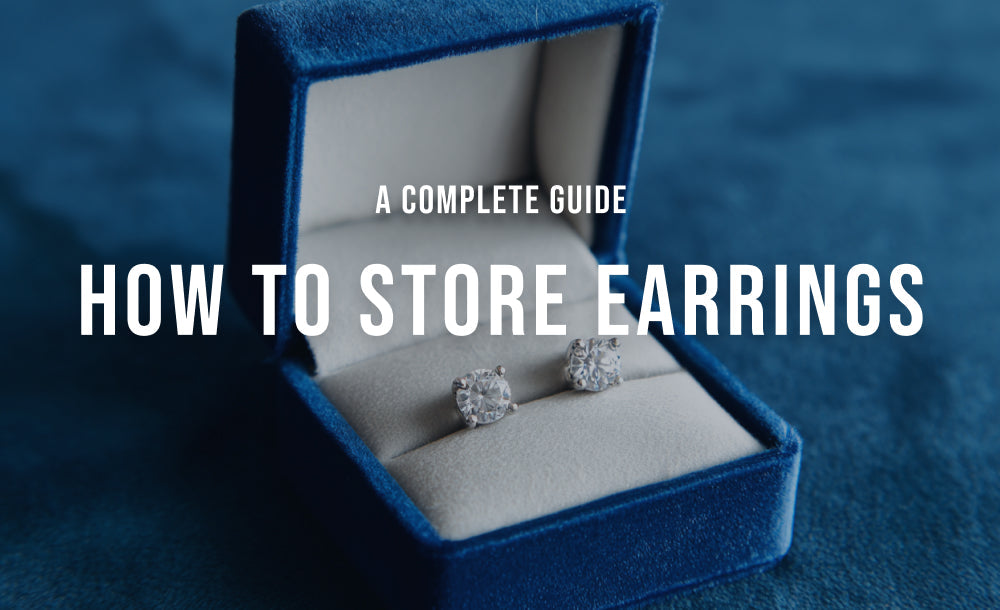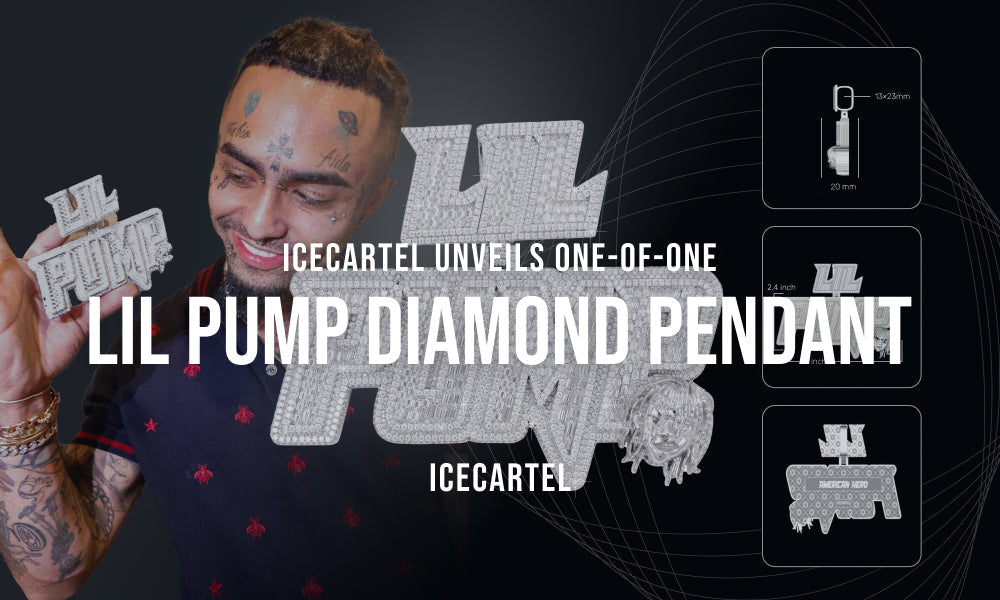Gold is one of the world’s most valuable metals in jewelry-making. Aesthetic value for one, durability for another. However, not all gold chains are made the same. Some are made of lower-karat gold (10K or 14K), whereas others are crafted with higher-purity gold alloys (18K or 22K). So, how do you choose between a 14K vs. 18K gold chain?
14K and 18K gold alloys are among the most popular options used in jewelry. However, each gold type features a unique set of characteristics that should be considered when choosing one.
Finding the best karat weight for a gold chain may get overwhelming, but you can easily make the right choice by looking at the differences, pros, and cons of each. Believe it or not, you don’t need any advanced knowledge or skills to understand the rationale behind 14K and 18K gold chains.
Let’s explore the detailed comparison of a 14K vs. 18K gold chain in terms of purity, color, durability, price, and resale value. This ultimate guide will help you decide which gold type to choose when shopping for a chain.
What Are 14K Gold Chains
A 14K gold alloy is made of 14 parts pure gold and 10 parts other metals, such as aluminum, silver, zinc, copper, nickel, and more. The purity of a 14K gold alloy is 58.3% and the remaining 41.7% is the added alloy.
14K gold is the most popular option for making jewelry. It offers a perfect balance between purity and durability, making it an excellent choice for chains used for both casual and formal occasions.
Further Readings
What Are 18K Gold Chains
An 18K gold alloy consists of 18 parts pure gold and 6 parts other metals, including but not limited to copper, zinc, nickel, silver, and aluminum. The purity of an 18K gold alloy is 75% and the rest consists of the added alloy.
Although 18K gold is softer and less durable, it offers improved hypoallergenic properties, making it suitable for individuals with sensitive skin.
Besides, 18K gold chains are particularly popular among jewelry enthusiasts who tend to invest in higher-purity gold chains that have a higher resale value.
Further Readings
14K vs. 18K Gold Chain: What’s the Difference?

When comparing a 14K vs. an 18K gold chain, it’s crucial to address a few key aspects that enable us to tell them apart.
Let’s take a closer look at the major differences between 14K and 18K gold chains to help you find the best one for you.
Purity
The main difference between 14K and 18K gold chains is the purity of the gold alloy used for making the chain. 14K gold chains have a lower purity, whereas 18K gold chains have a higher karat weight and purity
14K Gold Chains
In 14K gold chains, 58.3% of the total weight is pure gold while 41.7% is a mixture of other metals, including copper, zinc, aluminum, silver, nickel, and more.
18K Gold Chains
An 18K gold chain, on the other hand, consists of 75% pure gold and 25% alloy that is made of copper, nickel, zinc, silver, aluminum, and other metals.
Color
Since pure gold has a rich yellow color, the amount of gold in a gold alloy defines its visual characteristics. That being said, the color is what makes 14K and 18K gold chains easily distinguishable from each other.
14K Gold Chains
A lower purity of 14K gold gives the chains a warmer but less saturated yellow color. These chains are not nearly as vibrant as pure gold but still have an orange hue due to the presence of copper.
18K Gold Chains
As 18K gold chains have higher purity, they are characterized by a deeper yellow color with orange hues. Generally, the color of an 18K gold chain is closer to the color of pure 24K gold.
Durability
Pure 24K gold is a very soft metal, so its content in a given gold alloy will significantly affect its strength and durability.
14K Gold Chains
14K gold chains consist of less pure gold, so they are stronger and more durable, all thanks to the added metals. 14K gold also provides enhanced scratch resistance.
However, the other metals in a 14K gold alloy make it more reactive, so 14K gold chains may not be resistant to certain chemicals.
18K Gold Chains
18K gold chains, on the other hand, have a higher gold content, making them softer and less durable. 18K gold is also more prone to scratches and dents.
In terms of reactivity, 18K gold is less reactive, and chains made of high-purity gold alloys are safe to be exposed to certain chemicals.
Price
The price of gold chains heavily depends on the purity of gold. Therefore, it’s important to consider the price points of each gold type before choosing one.
14K Gold Chains
As 14K gold chains have a lower gold content, they are generally more affordable.
Let’s say the market value of one gram of gold is $75. Then the market price of one gram of 14K gold will be approximately $43.
18K Gold Chains
18K gold chains consist of more gold, so they tend to be more expensive.
If the current market price of one gram of gold is $75, the market value of one gram of 18K gold will be around $56.
Resale Value
Last but not least, evaluating the resale value of gold chains enables us to select the option that is best suited to our needs.
14K Gold Chains
In general, plain 14K gold chains have a lower resale price. However, 14K gold chains are often decorated with intricate details or iced out with precious diamonds. The addition of any sort of embellishments or precious gemstones will significantly increase the resale value of a 14K gold chain.
18K Gold Chains
Due to the high purity, 18K gold chains hold a higher resale value, making them reasonable investments.
Similarly to 14K gold chains, the resale value of 18K gold jewelry increases with the addition of exclusive attributes or precious gemstones.
Choosing between 14K and 18K Gold Chains

So, what karat weight is best for a necklace? How do you choose between a 14-karat and an 18-karat gold chain? Here’s the answer for you.
If you’re looking for an affordable gold chain that provides sufficient strength and durability, a 14K gold chain is the best option for you.
If you prefer paying more for a higher-purity gold chain or you need a hypoallergenic necklace for sensitive skin, then opt for an 18K gold chain instead.
For those with particular color preferences, choose a 14K gold chain for its bright, unsaturated yellow color, or go for an 18K gold chain for its rich, pure gold-like color.
In terms of pricing, 14K gold chains are affordable options, whereas an 18K gold chain for men will cost more. Make sure to consider your budget to make a reasonable decision.
Buy 14K and 18K Gold Chains from Icecartel
Looking for a 14K gold chain or a custom gold necklace made of 18K gold? IceCartel offers some of the finest gold chains with exclusive designs.
While most chains at IceCartel are made of solid 14K gold or gold-plated sterling silver, you can refer to their custom chain-making service to order an 18K gold chain designed exclusively for you.
Here are some outstanding pieces from IceCartel’s 14K gold chain collection.
Conclusion
Summing up, 14K and 18K gold chains are two of the most popular options. Understanding the differences between a 14K vs. an 18K gold chain is essential for selecting the best gold type for you.
When choosing between 14K and 18K gold chains, it’s important to consider their purity, color, durability, price, and resale value.
While 14K gold chains are less pure than those made of 18K gold, they offer enhanced durability and scratch resistance. This is one of the main reasons why the majority of jewelers use 14K gold for making chains.
Besides, 18K gold has a higher resale value and is more expensive than 14K gold. Therefore, your budget should also be taken into account before opting for one.
All things considered, think of your personal style, preferences, budget, and expectations to determine which gold type is best for you: 14K vs. 18K gold chain.
If you’ve decided to purchase a 14K gold chain or customize an 18K gold necklace, check out IceCartel’s exclusive gold chain collection.













